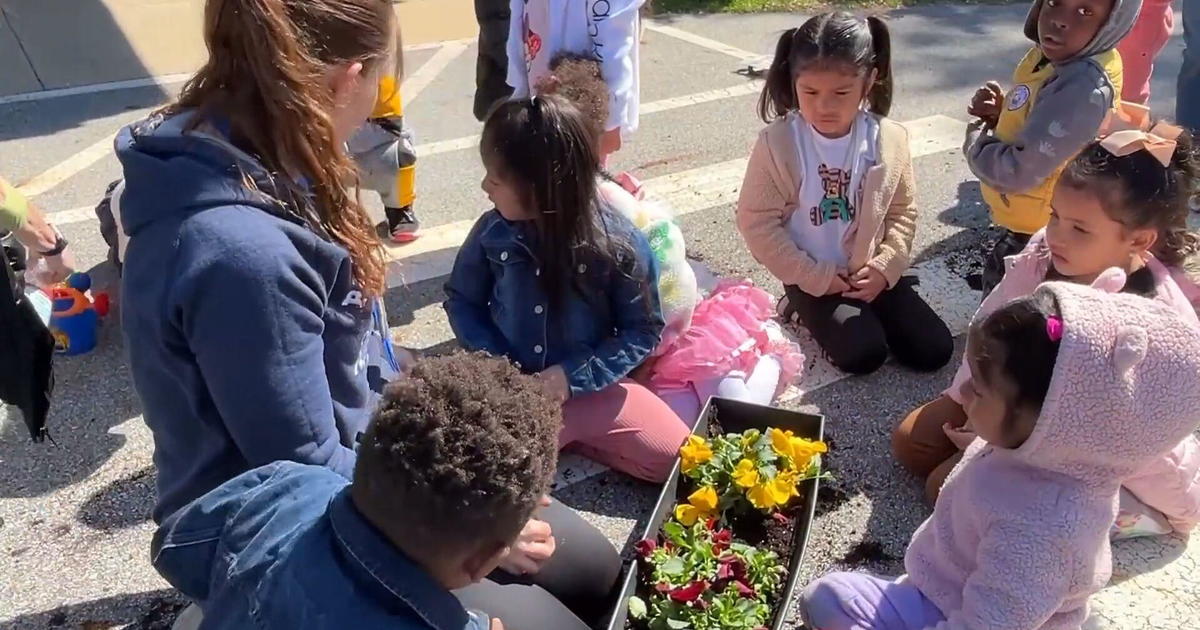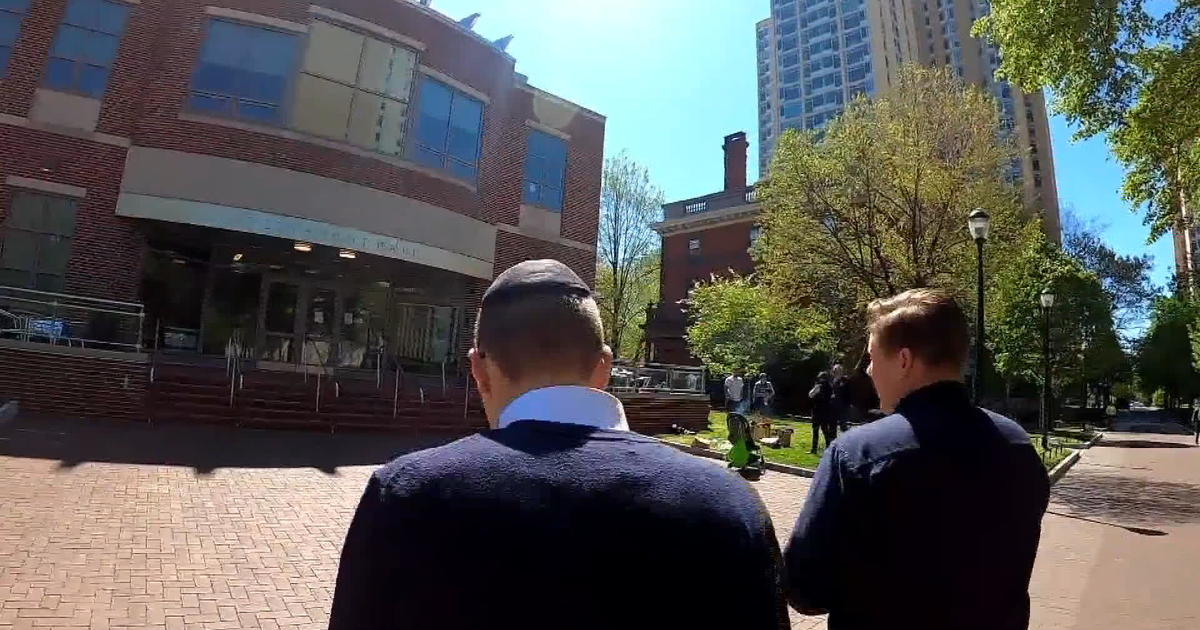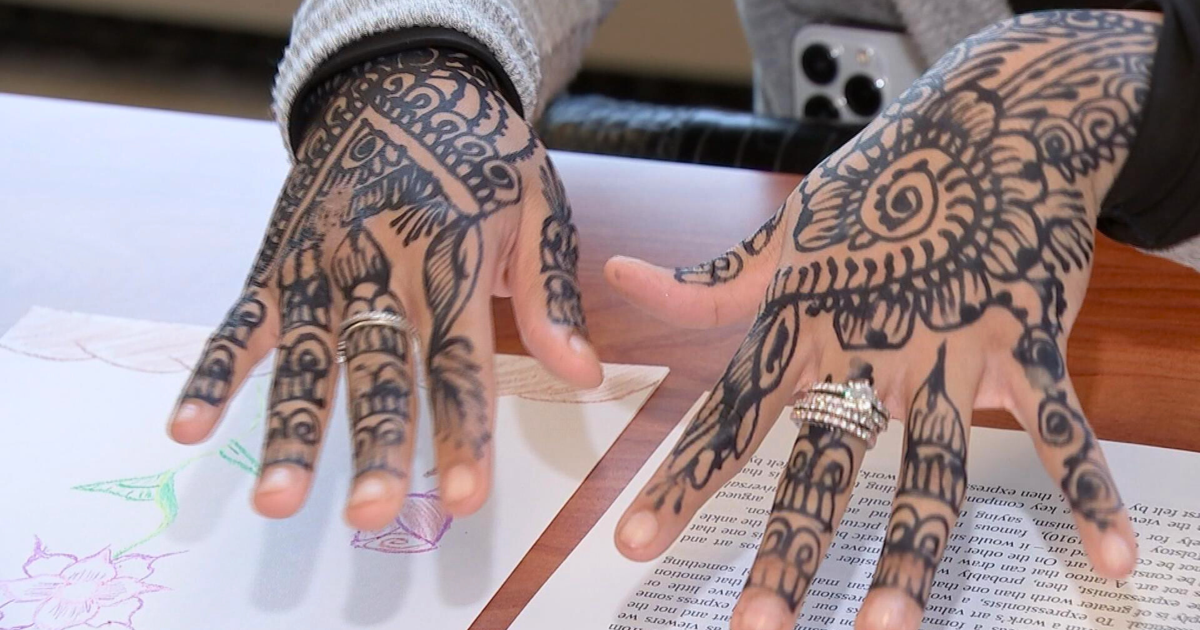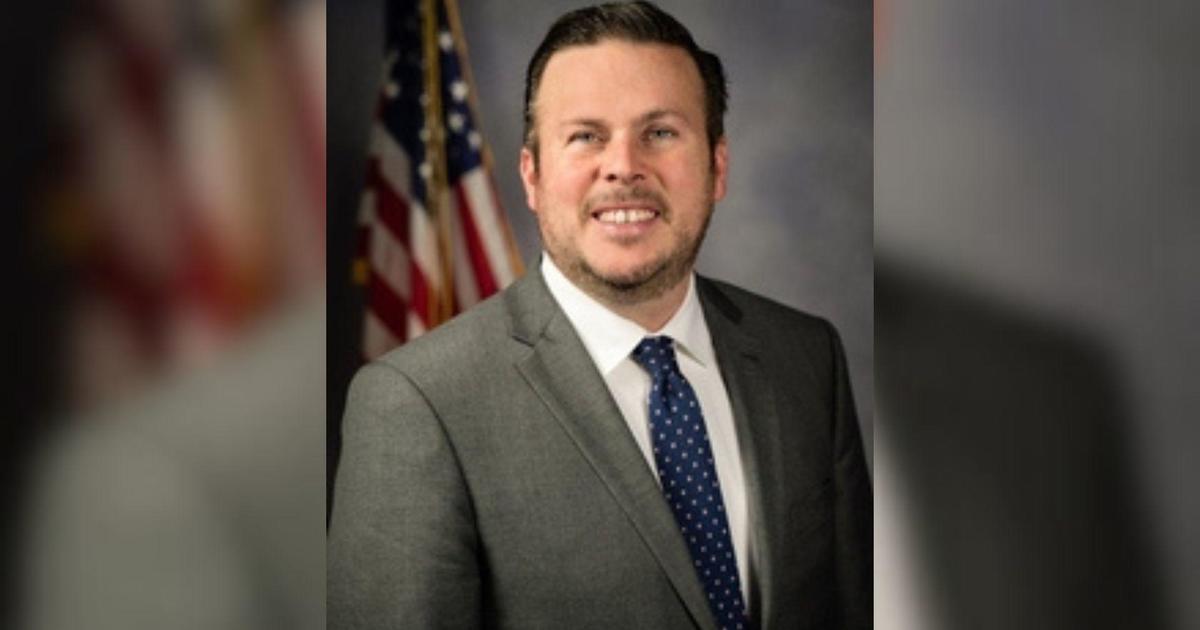Drexel Students Get Expert Lesson On Conservation, Climate Change In Central Africa
PHILADELPHIA (CBS) -- It's more than 5,700 miles from here to there but Drexel University got a taste of central Africa on Tuesday. Several top biodiversity researchers from that region spoke with students ahead of a major scientific symposium later this week in Washington, DC.
Zoologist Eric Fokam studies how rising temperatures are affecting insects and amphibians.
"It's seen in places by the spread of disease that affect thousands of various animals," Fokam says. "Actually, it's expected that Africa is going to be the most seriously-impacted areas of the world in terms of climate change."
"Their habitats will be gone," says Drexel biology professor Katy Gonder, "and we're going to lose reservoirs of genetic diversity."
Gonder invited her colleagues from central Africa.
"It's always warm there," she says. "Most of the animals, especially the ectotherms -- the frogs, the snakes, and the lizards -- they exist at their physiological optimum, which means that they're hot and can't get much hotter because they have certain ways of releasing all of their heat. And when you heat them up, they're more likely to die."
For the students, hearing from the researchers is the next best thing to being in a place like Equatorial Guinea, but they can do that, too: Gonder runs the Bioko Biodiversity Protection Program, which focuses on conserving wildlife there.
For Fokam, the U.S. trip is all about outreach to the next generation of scientists:
"Helping build this critical mass of experts," he says, "especially in the countries and areas where the impact of the change are likely to be felt the most."



